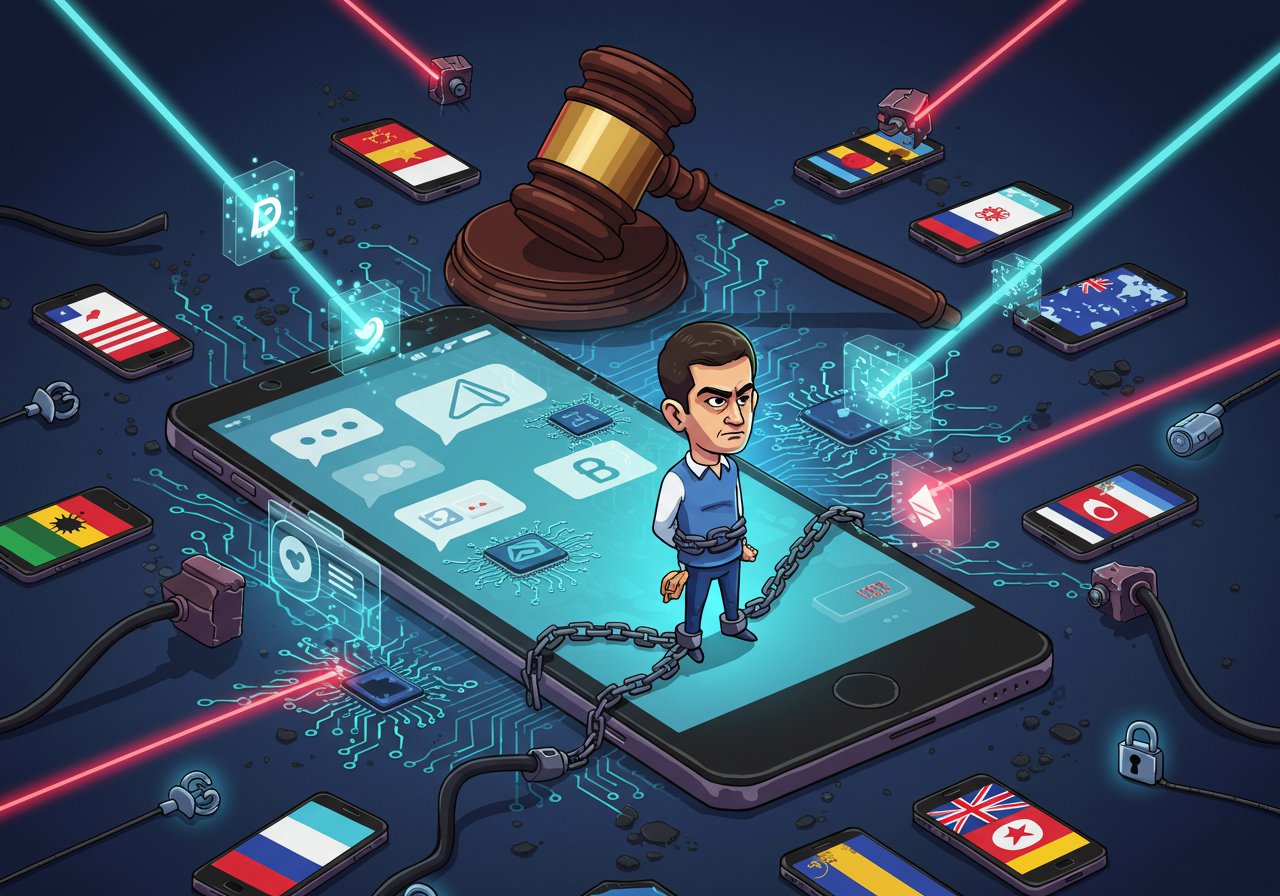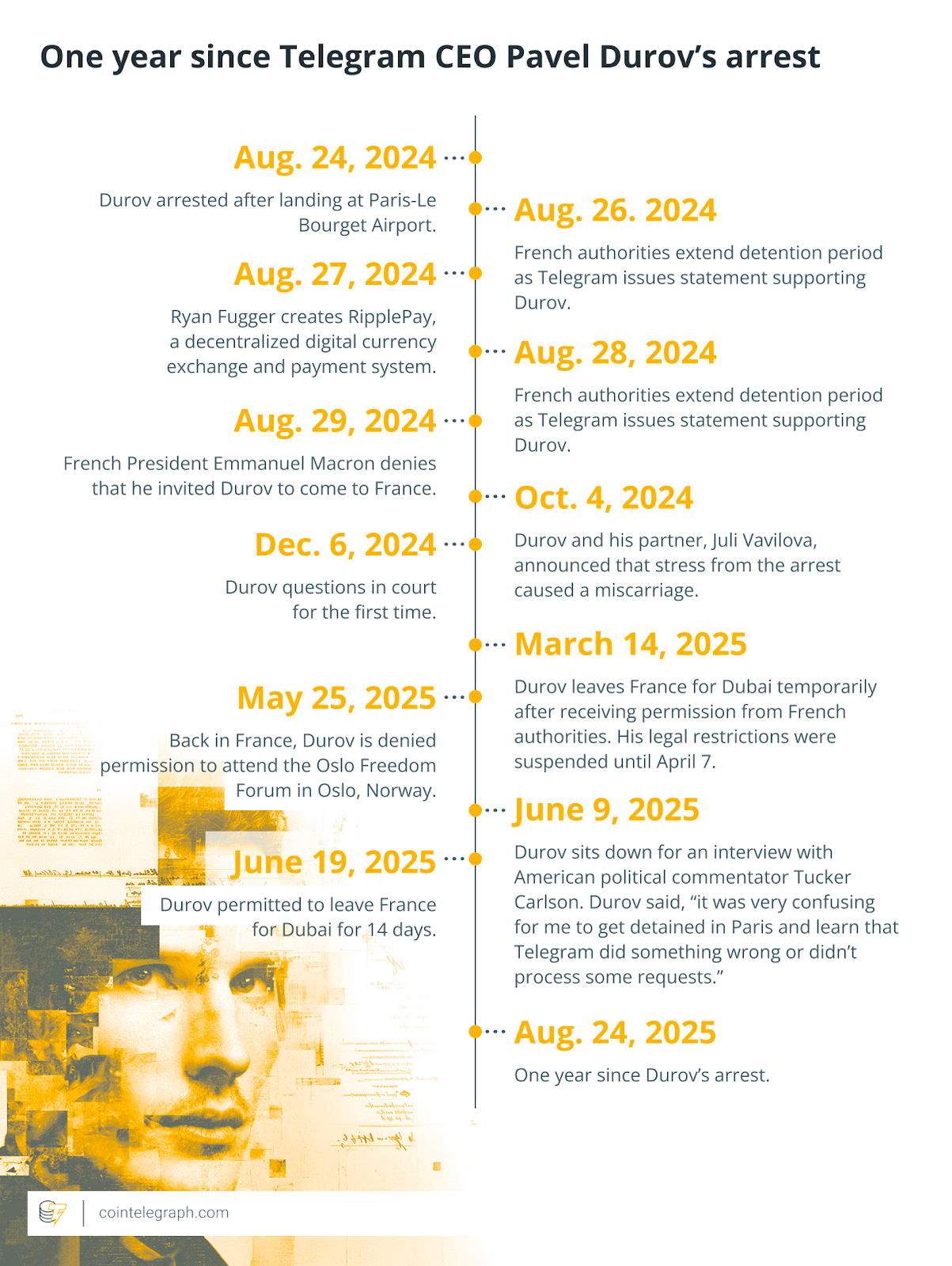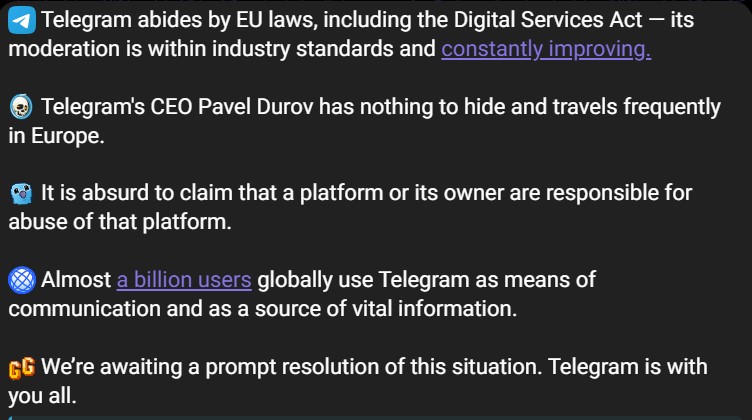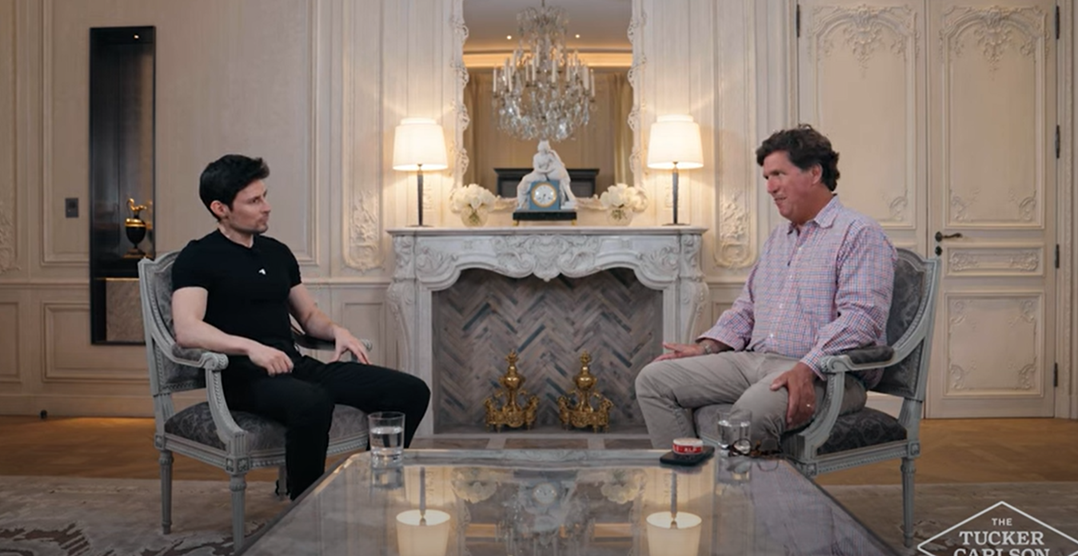
A Year of Uncertainty: Durov’s Arrest and Telegram‘s Path
A year has elapsed since the arrest of Telegram CEO Pavel Durov, a pivotal moment that sent ripples throughout the cryptocurrency and digital privacy communities. The event, occurring in Paris, France, on August 24th, 2024, was the result of an investigation led by the French National Judicial Police, bringing into sharp focus the delicate balance between platform responsibility, user privacy, and free speech in the digital age.

The Charges and the Controversy
The charges leveled against Durov, which claim complicity in serious crimes committed by users on his platform, have been met with a mixture of outrage and concern. Free speech advocates swiftly condemned the arrest, viewing it as a direct attack on fundamental rights. Durov himself has expressed confusion and frustration with the situation, highlighting the complexity of moderating a platform used by millions worldwide.
The Slow Pace of Justice and Global Implications
One of the most striking aspects of the situation is the slow pace of legal proceedings. With no trial date set a year after the arrest, the case continues to linger, creating uncertainty for Telegram and its users. This protracted legal battle occurs amidst a growing global trend of increased scrutiny and regulation of encrypted messaging services.
Regulatory Pressures on Encrypted Messaging
Governments worldwide are actively seeking ways to regulate platforms like Telegram, citing concerns about child safety, fraud, and terrorism. This has led to proposals such as the “Chat Control” bill in Denmark, which would mandate the scanning of user messages. This push raises significant questions about the future of user privacy and the potential for governments to access encrypted communications.
Durov’s Stance and the Pursuit of Privacy
Durov has repeatedly emphasized his commitment to user privacy and the company’s resistance to compromising encryption. He has stated that Telegram would rather withdraw from certain markets than comply with regulations that undermine these core principles. This stance places Telegram in direct opposition to governments seeking greater control over digital communications.
The Russian Context: A Tale of Two Apps
The situation is further complicated by the backdrop of Russia, Durov’s home country. The government has banned various encrypted messengers, replacing them with domestic alternatives like Max, which allegedly integrates government services and collects user data. This creates a stark contrast between platforms prioritizing privacy and those prioritizing government control.

The Future of Messaging and User Privacy
The Durov case underscores the challenges that encrypted messaging services face in the modern world. The balance between free speech, platform responsibility, and user privacy is under intense scrutiny. As governments continue to grapple with the complexities of regulating digital communication, the outcome of Durov’s case and the future of platforms like Telegram will have far-reaching implications for the crypto community and the digital landscape overall.
“Telegram would rather exit a market than undermine encryption with backdoors and violate basic human rights.” – Pavel Durov




